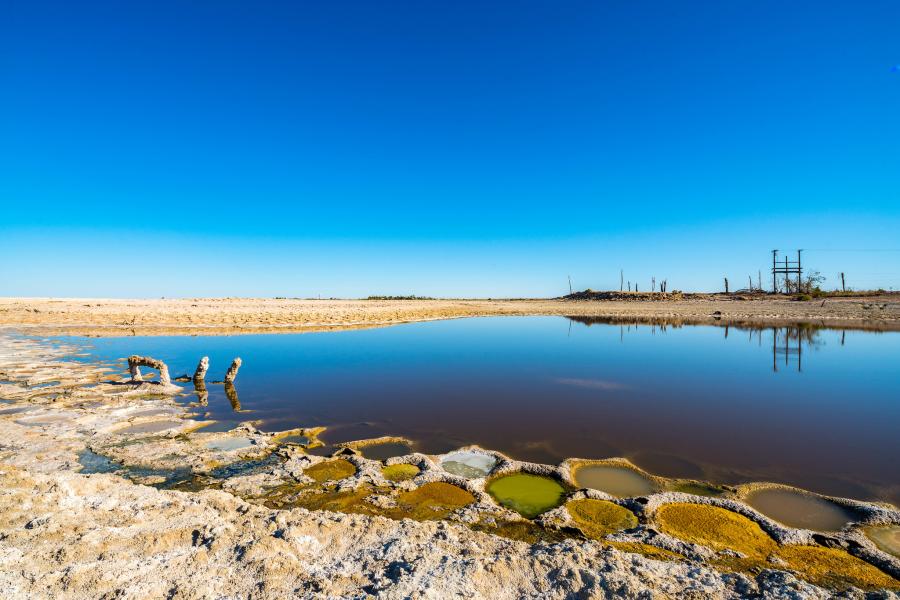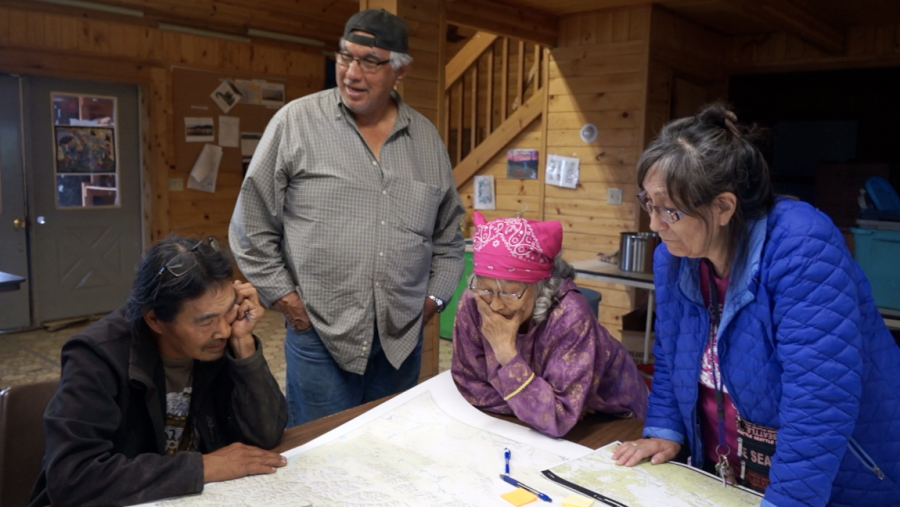From the 19th through the 27th of September, 1989, indigenous representatives from around the world met on Abenaki land in Western New England for a series of conferences conceived and organized by Catalyst's New England Tropical Forest Project. Entitled "From the Arctic to Amazonia: Industrial Nations' Exploitation of Tribal Lands," the conference gave voice to the people most affected by the impacts of industrial, consumer-driven development upon indigenous lives and cultures throughout the world. Delegates presented parallel situations that crossed cultural, geographic, and environmental lines. Those in the audience were made more aware of their own roles as consumers in an industrial society and were urged to make stronger efforts to effect positive changes in their own lives.
The conference's intention was to bring indigenous and nonindigenous people together as allies to work to turn back the tide of environmental and cultural destruction now threatening all life on earth. The idea of "support groups" was quickly discarded in favor of "alliances"; the former term implies an unbalanced relationship of dependency and support and conveys the sense that personal involvement is optional. The message of the conference is that there is no option, that direct and personal involvement is imperative if we are to heal the earth, and, that tribal land right and sovereignty must be supported in order to save both indigenous people and the world's remaining natural areas. A case was made, for instance, for environmental organizations' and other nonindigenous support for restoring all lands in Alaska to their rightful indigenous owners, whose traditional values would never have permitted the destruction of the Arctic for oil drilling or any other purpose.
The indigenous delegates drafted a call to action and presented it to the conference at the end of the six-day gathering hosted by Smith College, before moving to Dartmouth College for two days of follow-up presentations. The text of the call to action is as follows:
Statement from the Indigenous Delegates to the Arctic to Amazonia Conference, 24 September 1989
We the indigenous delegates attending the Arctic to Amazonia conference have come from many lands and cultures. We share the common knowledge that we are now facing extinction of our peoples, cultures, and ways of life, along with the desecration and contamination of our sacred mother Earth. As indigenous people, we have always lived in accordance with the sacred and natural laws, in balance with the natural world. We are now seeing the destruction of this sacred natural world through many forms of resource exploitation and industrial contamination. All life is threatened.
As indigenous peoples, we stand on the front lines of the struggle to defend the natural world. We call upon all peoples and nations, beginning with the participants at this conference, to join us through direct and committed action, so that we all may again live in balance and so that our future generations can survive.
We thank the organizers of this conference. We call upon them to make this conference a yearly event and the basis for ongoing activities throughout the year. We also ask for their assistance in continuing to disseminate information about the vital issues raised by the participants in this historic gathering. Thank you for your time and your concern.
A Call to Action
We as delegates to this conference recognize that 1992 will be celebrated by many ignorant people as the 500th anniversary of the so-called Discovery on the Western Hemisphere.
We feel 500 years are enough. We call upon our organizations, the general public, and communities to stand in solidarity with indigenous people, and from this point forward to struggle against oppression, racism, and colonialism for a respectful way of living.
A Call to Action
We the indigenous people call on New England environmental, consumer, and other organizations to form a coalition to fight Hydro Quebec and Ontario Hydro power contracts with New England-based utilities. We call for a regional organizing meeting between indigenous people and New England consumers on these issues in the next six months. (Phase two of the massive Hydro Quebec project and the Ontario Hydro project will destroy most of James Bay and surrounding lands. The impact of these developments is equivalent to the destruction of Amazonia: global climate change.)
A Call to Action
We the participants in this conference call for individuals and organizations to seek passage of HR 39 and S 39 which would permanently designate the Arctic National Wildlife Refuge as a Wilderness Zone. We call for respect of jurisdiction and sovereignty of the Gwichin people of that territory to forever care for and protect their land.
A Call to Action…
On indigenous trapping and life on the land: We delegates to this conference recognize that indigenous people harvest resources in a sustainable manner, and that hunting and trapping are a central part of the way of life in many indigenous communities. We call on environmental, conservation, and animal rights groups to respect our lifestyles and support our right to harvest animals in accordance with the teachings of our ancestors.
A Call to Action…
To allow indigenous people to harvest migratory birds in a manner according to their custom. Indigenous people harvest very few birds in terms of the total annual harvest. We take only what we need. The decrease in bird populations is due to overhunting by sportsmen and loss of habitat. We call on environmental organizations such as the National Audubon Society and other like-minded organizations to join with Indian people in opposing destruction of habitat and to respect indigenous rights to harvest. We also call on them to stop poaching by sports hunters.
A Call to Action
At past conferences and meetings there has been a pacified resistance, and the responsibility has always been left up to us, the victims. We therefore call upon this conference for assistance to: (1) identify major corporations involved in the exploitation of uranium, (2) identify where these corporations have their headquarters, and (3) find out to what purpose the uranium is being used. We further call upon you to accept responsibility to use this information, in order to educate the American people about these nuclear issues via the media, boycotts, circulation of newsletters, and so on.
A Call to Action
The implementation of so-called development projects by transnational corporations in Central and South American is destroying the environment and the lives of Indian people. We call upon environmental groups and citizens to join in efforts to stay the terracide of this planet.
Article copyright Cultural Survival, Inc.


